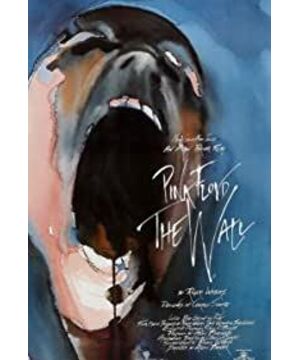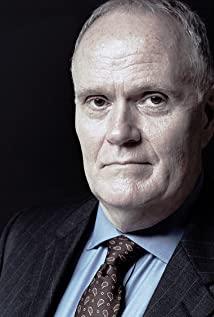Every shocking part of the wall appears in surreal footage. Pink lying in a pool of blood, metaphorical animations about war, metaphorical animations about sex, rotting bodies, cookie-cutter steps and masks, people falling into meat grinders and strips of minced meat, overly empty rooms and Shapeshifting shadows, fascist-Hitler-style fanatical speeches...
everything outside can hurt me effortlessly. What the movie gives you is to make you forget your existence. Even in this image that has nothing to do with any dialogue or plot, you still can't feel any existence about yourself, but you keep starting to protect yourself, like curling up at the end of the bed, or huddled in the corner, showing a madman terrifying smile. Every second you are deeply hurt, hurt by your own shadow and by Pink's life. You'd be afraid of anything like that happening to anyone, even if that art made you worship. It is a sacrifice of self-sacrifice, a devotion like a moth to a flame, which requires courage and selflessness like an ascetic.
Because you see the wall, surrounded by countless impenetrable high walls. They are in front of you, but they do not surround you, so people are not yet sensitive enough to see this already hopeless situation. Yet you know, they have no end, just as all stories have no end. Only self-destruction can break them, but you cannot.
Until the end of the body, where the wall in silence is coldly erected in the lens, the gray and dark loneliness makes people breathless. You feel cold and lonely. The long silence seemed like an ending. A loud bang suddenly explodes in the dark and lifts you from your chair, but the shock is a perfect ending.
So you slumped in your chair, feeling powerless and admiring like you've been through a war.
View more about Pink Floyd: The Wall reviews











